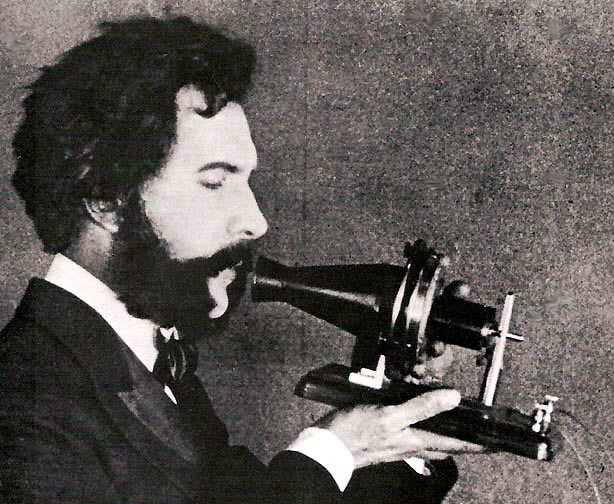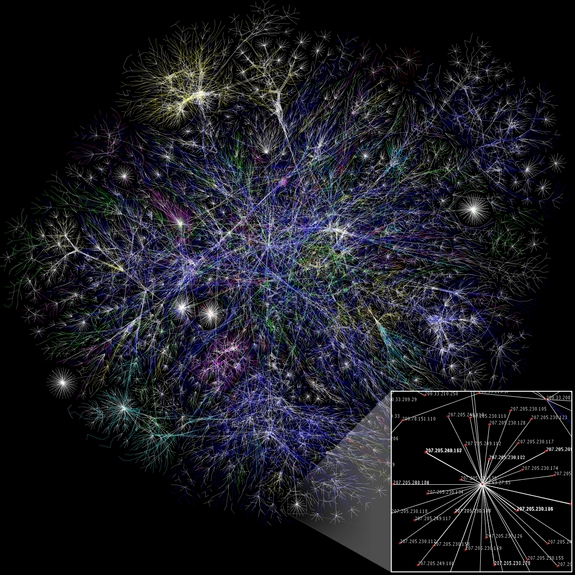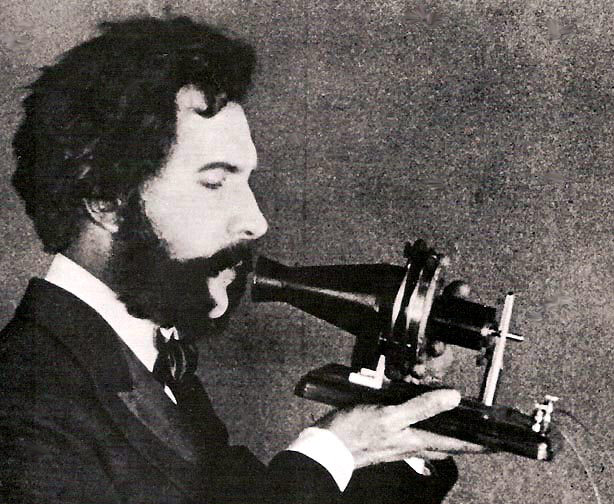
The Internet helps you find your way when you’re lost. It talks to you when you’re lonely. And it allows you to be available to your boss, 24 hours a day. If you doubt its importance, try turning off your smartphone, iPad and computer for a few days, and see how far along you get. Nowadays we don’t have to wait for our dial up modems to connect, it’s instant with home internet from the average ISP.
Like all great advancements, the Internet is something we’ve grown to take for granted. It enhances our lives in multiple ways, yet we hardly stop to think about this great evolution of technology that allows us to integrate various facets of our lives so seamlessly.
Who hasn’t been annoyed with their phone for taking too long to download a website? Never mind the fact we’re beaming a signal thousands of miles into space, bouncing it off of a satellite and down to a device that can fit conveniently into our pockets. Humankind moves at a much faster pace these days, and it’s all because an invention that came from the most humble of beginnings.
Ring-Ring
“Mr. Watson, come here, I want to see you.” In 1876, Alexander Graham Bell relayed that message into the first ever working telephone. He was speaking to his assistant, Thomas Watson, who he apparently, well, wanted to see.
This was a mighty simple conversation when you think about its importance. Following the invention of the telegraph, Bell discovered a way to use a similar technology to relay his voice from one machine to another. You would think his first message would be somewhere along the lines of, “Holy cow! This actually works,” but Bell just didn’t roll that way.
It’s funny when you think about the simple machine Bell crafted less than 140 years ago and what form it has taken today. You can’t drive a city block without seeing teens texting incessantly, a woman looking up her favorite web site or movie times, and a man perusing YouTube or checking his team’s scores. A “phone” can now be used to Tweet your thoughts in 140 characters or less, order a pizza without saying a word, or even check in on your home’s security system through your smarthome camera and see a live camera feed while vacationing out of state.
But perhaps we’re getting a little bit ahead of ourselves. After the phone came the radio. After the radio came the computer. And after those room-sized monstrosities got rolling, eventually we found a way to connect them, too.
“Hello, world”
If you want to get technical, which is certainly the case with the exceedingly long-winded Hobbes’ Internet Timeline, the Internet first started to sink its roots in 1957, when the USSR launched Sputnik into space. The U.S., not wanting to fall too far behind, responded by forming the Advanced Research Projects Agency within the Department of Defense the following year. The purpose of this organization was to propel the United States’ own advancements in the fields of science and technology, and it’s where quite a bit of the early Internet formation took place.
Fast forward a bit to 1961, which is when Leonard Kleinrock began to kick around some ideas about packet switching theory at MIT, notes the Internet Society. He published papers, and eventually a book, on his theories. Put simply, Kleinrock felt that utilizing packets of data, rather than circuits, would be an optimal method for communicating between computers, an idea that eventually led to actual computer networking. This type of packet transfer between packet switching networks is basically how the Internet still works to this day, so it turns out ole’ Kleinrock was actually onto something.
Getting Connected

Internet History Timeline: ARPANET to the World Wide Web
Lawrence Roberts believed in Kleinrocks’ theories so much, he began to experimenting. In 1965, he teamed up with Thomas Merrill to connect a TX-2 computer in Massachusets to a Q-32 in California using a dial-up phone line (Bell makes his triumphant return!) These computers were the room-sized beasts you see pictures of in the history books. It may not have been sleek or sexy, but the success of this first network helped pave the way to the (arguably) lightning-fast networks we utilize today.
From this experiment eventually sprang Roberts’ ARPANET concept, which eventually became the first large network of interconnected computers. Keep in mind that “large” for the time meant a whopping four computers connected initially in 1969, but that bad boy grew over time.
More computers were added over the next several years, until ARPANET was finally revealed to the public at the International Computer Communication Conference in 1972. That was also the first year “electronic mail” made an appearance, initially conceived to make communication between between connected computers a bit easier.
The Internet Is Born

How the Web Was Won – AN ORAL HISTORY OF THE INTERNET
The term “Internet” wasn’t coined until October 24 of 1995, though it had basically been in existence for quite a while longer. That’s about the time networks were moving out of strictly military and college use, and began to stretch their limbs into the rest of the world, eventually connecting homes, businesses and more through the use of wired connections.

The History of the Internet in a Nutshell
Obviously, we’ve come a long way in the nearly two decades since the Internet came screaming into this world. Now, wireless signals from companies allow us to connect to the Web no matter where we are, beaming the Internet into our phones, our cars and even some toilets in Japan.
More than just a way to share information, the Internet has become a vital part of how we live our personal lives, conduct our business, and interact with one another. Now, we can take our home computers with us through the wonders of the cloud, download and start reading The Lord of the Rings trilogy in a matter of seconds, find out exactly how fast we’re traveling down the highway, and, yes, sit in a cafe in New York while playing a Scrabble knock-off with a friend in Australia.
We’ve come a long way since the Internet opened its arms to the entire world, and it’s exciting to wonder where this amazing technology will take us next.






